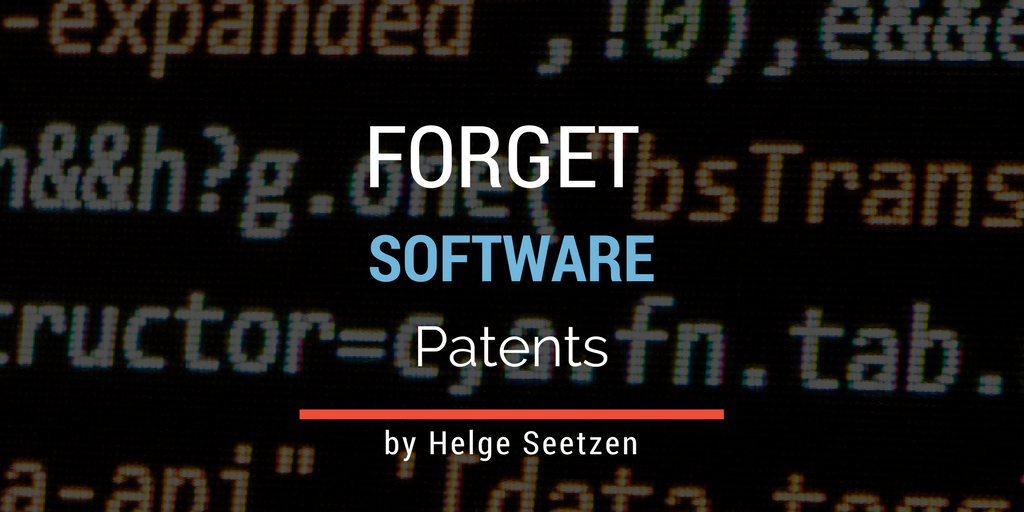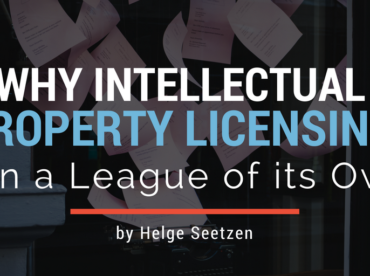Software patents have been in the news a lot lately. The US broadened its position on patents a few years ago and introduced so called “Software Patents” to protect software applications directly. The first wave of these patents is now hitting the courts and the lack of precedence decisions creates lot of courtroom drama.
The problem with these news stories about software patents is that they confuse inventors. Many times I hear that “software can’t be patented, so why bother”. Most of the time this is nonsense, especially at universities. The confusion stems from the difference between algorithms and software implementation. Algorithms are the logical core of a new computational technology. As long as the algorithm meets the patent requirements for novelty, usefulness and inventiveness, you can create solid claims for this in practically all countries (even those who don’t have the new type of software patents). You would file method claims relating to the logical steps in the algorithm, device claims relating to the implementation of the algorithm in for example a chip, and system claims describing the operation of the algorithm in a broader structure. There are plenty of examples of such algorithm patents: MPEG LA holds over a hundred patents related to MPEG-2, a concept that is purely algorithmic. There are thousands of other patents of this type, and none of them require the new regulations for “software patents”.
The new rules in the US are designed to offer patent protection for software implementations. It doesn’t go as far as protecting source code (copyright), but allows you to (maybe) protect concepts such as “sending 140 character messages in an online network by using hashtags to indicate individual or topical recipients”. That concept is truly software implementation. The underlying algorithm really isn’t novel in the patent sense. Sending a few characters over a network using cryptic recipient codes is a pretty good description of what people used to do with modems in the 1980’s…
Most university concepts are algorithms, not implementations, and thus really unaffected by all the chatter about “software patents”. Ignore all the stories and this to the patent option that is already available and proven.



